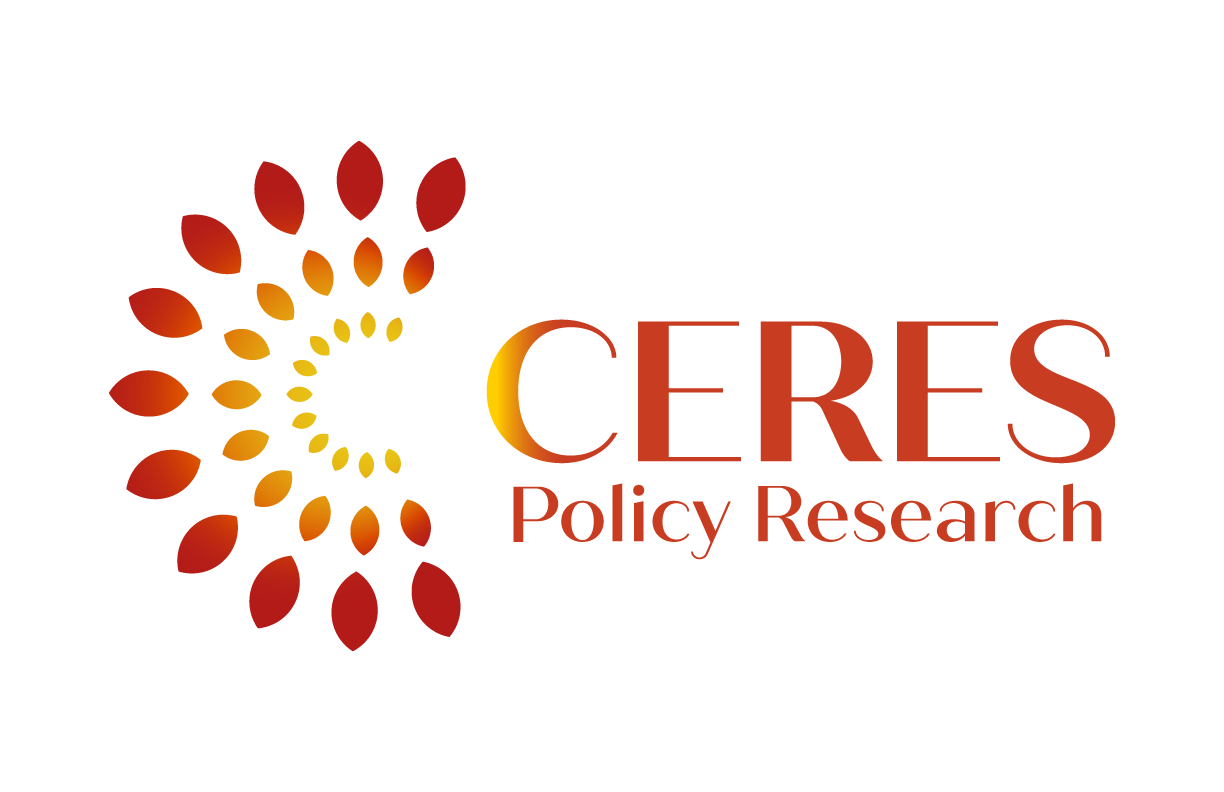
Research
Ceres Policy Research has provided policy-related strategic research for the fields of youth justice, child welfare, education, and immigration since 2002. Our research has taken the form of large-scale data analysis, survey research, and program evaluation--either single programs or multi-site programs and initiatives.
Research Process
Ceres Policy Research has partnered for over twenty years with community organizations to tell their stories. Whether you are looking to evaluate your organization, track the impact of your funding portfolio, conduct a community needs assessment, or report outcomes for a government grant, Ceres has the experience you need.
Our research process is completed in four simple steps.
Create a simple outcome chart.
Develop data collection tools
Gather and analyze data.
Write and disseminate report.
Yet our work is not formulaic. Our research methods are a process of gathering data, stories, and experiences, both seen and below the surface:
Honoring the ecosystem. Our approach centers the interdependency of people, communities and systems, and is guided by the belief that research should be disruptive but not destructive. We are committed to developing research tools and sharing findings in a way that is accessible, relatable and useful.
Utilizing organic research methods. Our research methods are marked by curiosity and iteration. While maintaining rigor, all of our work rests on building long-term relationships with our partners. Further, we expand our methods in order to adapt to the unique conditions of the environments in which we conduct our research.
Gleaning new ideas, practices, and opportunities for hope. At the end of our projects our partners are prepared to embark on a new path forward with an abundance of information, skills, and hope.
-
Ceres has developed projects to compile large data sets from multiple systems. This allows us to track youth from school through the child welfare system, behavioral health agencies, and into the justice system, to identify risk factors that lead to exclusionary school discipline and justice involvement, and to develop solutions to system disparities.
2018-2023 Whole Youth Project. Ceres is working with more than twenty justice systems across the country to collect sexual orientation, gender identity, and gender expression (SOGIE) data. This effort to collect SOGIE data sits within a larger Whole Youth Model that includes training staff that all people have a SOGIE and that relationships can become more authentic if you address multiple aspects of identity at once.
2017-2020 School-to-Jail Track Data Analysis. Ceres worked with multiple counties to connect individual-level school disciplinary data with youth justice data to understand the risk factors and drivers from school to arrest and incarceration.
2018 and 2023 Studies of How Assaults and Robbery Charges May Drive Racial/Ethnic Disparities. Dr. Angela Irvine and her staff worked with two different counties in California to determine whether assault and robbery charges drive racial and ethnic disparities in the youth justice system.
2018 Slowing the Number of Youth Who Cross from Child Welfare to Probation. Working with Santa Clara County in California, Ceres analyzed system data to determine what factors most strongly predict which fourteen year olds will cross from the child welfare to justice system.
-
Between 2010 and 2023, Dr. Irvine and the Ceres staff have completed survey research that ranged from small youth surveys to a survey of 1400 youth in seven detention halls around the country and another survey of 4000 youth at every detention hall, ranch, and camp in the state of California. Some examples of projects follow:
2021 Survey of Contra Costa Residents to Measure Harm Caused by County Agencies. Ceres partnered with the Contra Costa Core Committee of the Office of Racial Equity and Social Justice to survey 2600 residents. This survey reached a sample that was predominantly Black and Brown. The results shaped recommendations that led to the formation of the current Office of Racial Equity and Social Justice.
2018-2019 National Survey to Measure the Chilling Effects of Impact of Immigration and Customs Enforcement (ICE) Raids on State and Local Courts. Dr. Irvine and her staff are partnering with the Immigrant Defense Project and immigrant-serving organizations across the country to measure how ICE raids are keeping families from participating in proceedings held at state and local courts.
2014 Statewide California Survey to Measure the Sexual Orientation, Gender Identity, and Gender Expression of all Detained Youth. Dr. Irvine and her staff surveyed over 4000 detained youth to establish how many LGBTQ+ youth were held in secure facilities within California.
2008 National Survey to Measure Sexual Orientation, Gender Identity, and Gender Expression (SOGIE) of Youth Detained. Dr. Irvine completed a survey of six detention halls in Annie E. Casey Foundation Juvenile Detention Alternative Initiative Sites. This survey determined that LGBQ/GNCT youth are overrepresented in juvenile detention.
-
Ceres has a history of evaluating programs for youth who have been suspended or expelled from school as well as youth in the justice system. These evaluations sometimes focus on one program and sometimes focus on multi-site initiatives. Our evaluations usually combine quantiative, qualitative, and participatory action research methods. The following projects represent examples of our most recent evaluations:
2022 Young Women’s Freedom Center. Ceres worked with YWFC to document the way that the Center has decreased violence in the lives of the women and transgender people participating in their programs over time.
2022 California Youth Connection. Ceres partnered with current and former foster youth to write a participatory action research report on the ways that the child welfare system must improve services for young people who are parents.
2019 EBP+ (Evidence Based Practice Plus) Collaborative. Ceres partnered with over ten organizations led by formerly incarcerated people of color to develop a common theory of change and proof of program impact.
2018-2019 Ahimsa Collective. This evaluation uses participant surveys collected by program staff over time to measure how restorative justice circles for men who have experienced and caused sexual harm improve well-being.

